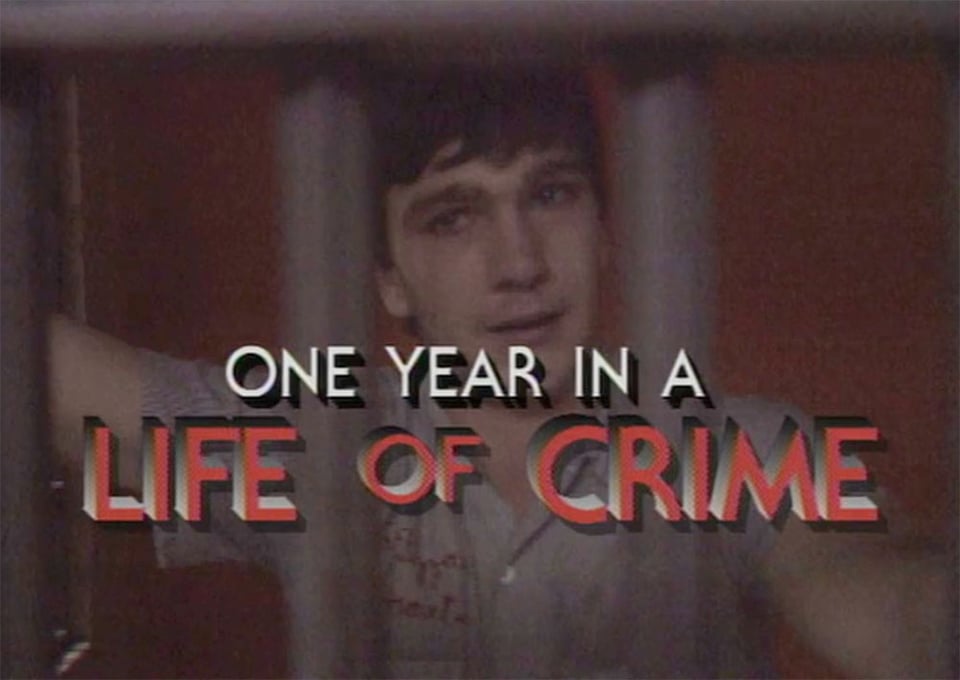July 2025 Bonus: One Year In A Life Of Crime
the true crime that's worth your time
The first installment in what became a three-part, multi-decade project.

To read SDB’s review, subscribe now!
Want to read the full issue?
the true crime that's worth your time
The first installment in what became a three-part, multi-decade project.

To read SDB’s review, subscribe now!